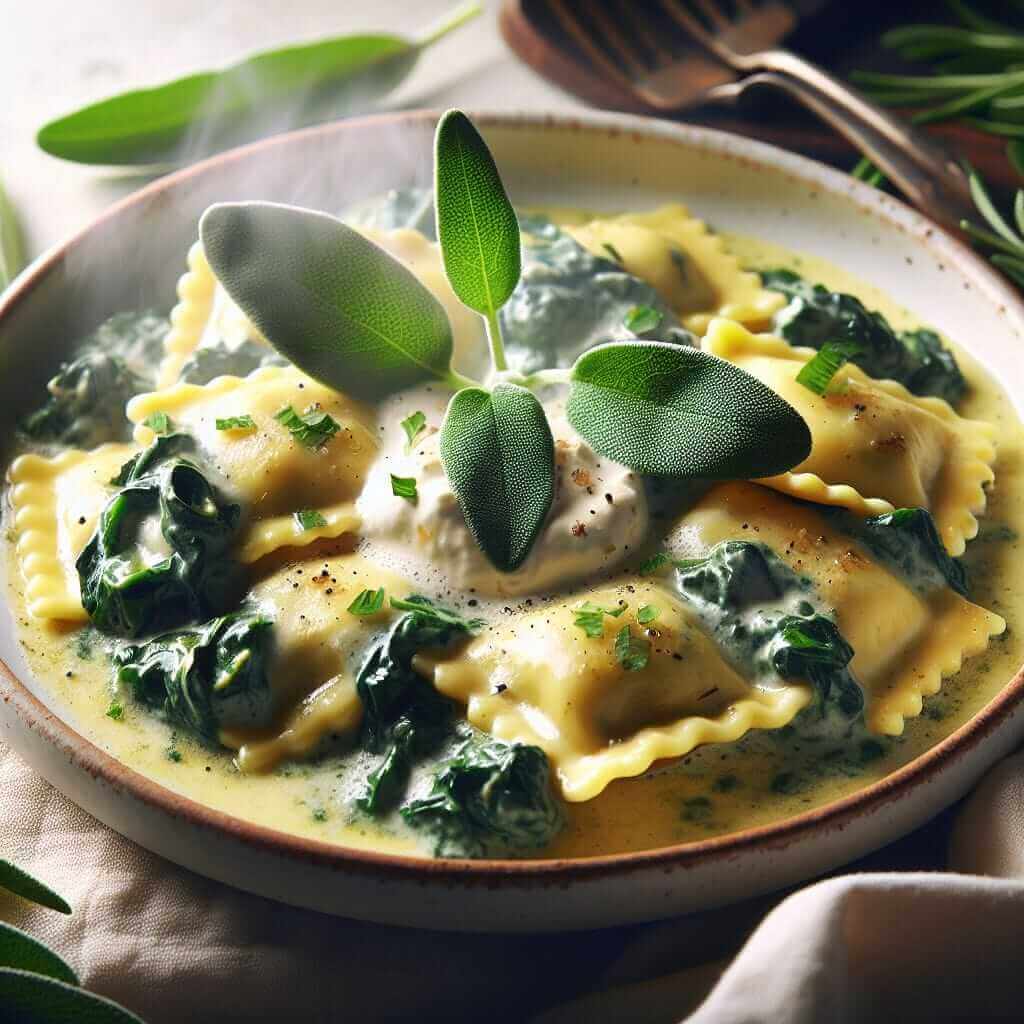As an IELTS instructor with over 20 years of experience, I’ve encountered countless students who tremble at the thought of the IELTS Speaking test. Fear not, aspiring English speaker! Today, we’ll conquer a common yet crucial Part 1 question: “What is your favorite food?”. This seemingly simple question is your chance to showcase your vocabulary, fluency, and ability to engage in natural conversation.
Why is the “Favorite Food” Question Important in IELTS Speaking?
While it might seem trivial, the “favorite food” question holds a strategic position in the IELTS Speaking Part 1.
- Warm-up: It’s often used as an ice-breaker to put you at ease.
- Assessing Fluency and Coherence: Examiners gauge how smoothly and logically you can express your thoughts.
- Vocabulary Range: Food offers a fantastic platform to showcase vocabulary related to tastes, textures, cooking methods, and cultural significance.
Mastering the “What is Your Favorite Food?” Question
Here’s a breakdown of how to craft a winning response:
1. Be Specific and Genuine
Avoid generic answers like “I like everything” or simply stating a dish’s name. Instead, choose a dish you genuinely enjoy and can talk about with passion.
Example:
Instead of: “I like pizza.”
Say: “My favorite food has to be my grandmother’s spinach and ricotta ravioli. It’s a family recipe passed down through generations, and I have such fond memories of helping her make it as a child.”
2. Expand on Your Answer (Using the POWER of 4)
Think about the Place, Occasion, Who you enjoy it with, Emotions it evokes, and Reasons why it’s your favorite.
Example:
“I love going to this small, family-run Italian restaurant near my apartment. They make the most incredible ravioli with a sage butter sauce. It’s the perfect place to catch up with friends on a Friday night, and it always puts me in a great mood.”
3. Showcase Your Vocabulary
Use descriptive words to paint a picture of the food and its flavors.
Instead of: “It tastes good.”
Say: “The ravioli is incredibly savory, and the ricotta filling is so light and creamy. The sage butter sauce adds a wonderful earthy aroma.”

Example IELTS Speaking Question & Answer
Examiner: What is your favorite food?
Candidate: My all-time favorite food has to be Pad Thai. It’s a stir-fried noodle dish from Thailand that’s bursting with flavor. I love the combination of sweet, sour, salty, and spicy – it’s such a party for your taste buds! I first tried it while traveling in Thailand, and it instantly became my go-to comfort food.
Examiner: Why is it so special to you?
Candidate: It brings back so many wonderful memories of my trip. Plus, I find the way it’s prepared quite fascinating. The street vendors in Thailand are incredibly skilled, tossing the noodles on a hot wok with such precision. It’s almost like performance art!
Top Tips to Ace the “Food” Topic in IELTS Speaking Part 1
- Practice Talking About Food: Familiarize yourself with vocabulary related to ingredients, cooking methods, tastes, and textures.
- Think About Your “Food Story”: Prepare a story about your favorite food in advance.
- Don’t Memorize: While it’s good to practice, avoid sounding robotic. Speak naturally and with enthusiasm.
- Be Culturally Aware: If you mention a dish from your culture, be prepared to briefly explain it.
Conclusion
Remember, the “What is your favorite food?” question in IELTS Speaking Part 1 is an opportunity, not an interrogation. Speak from the heart, showcase your language skills, and enjoy the conversation! With practice and preparation, you’ll ace this question and be well on your way to achieving your desired IELTS score.